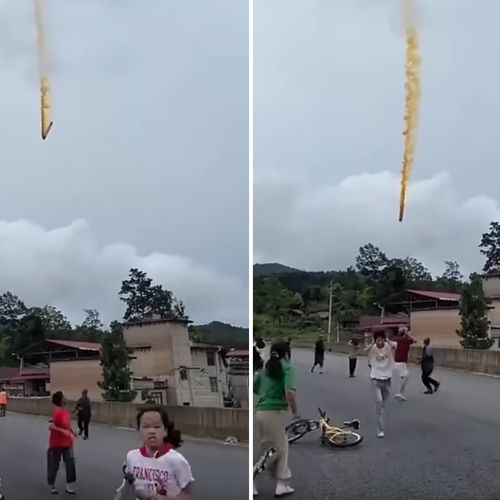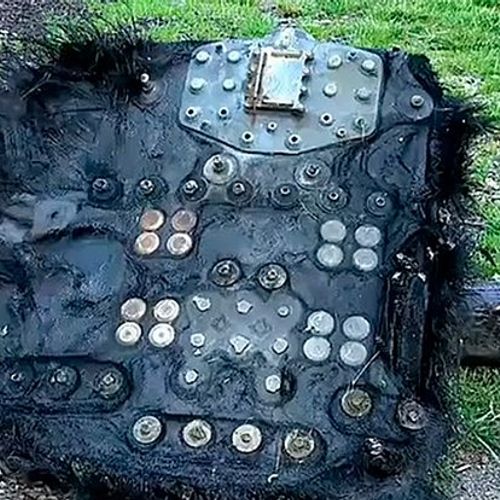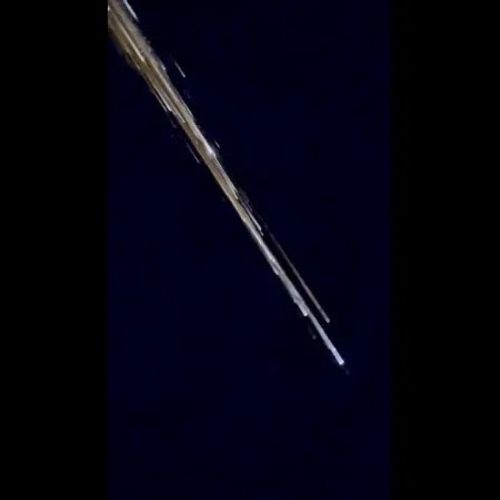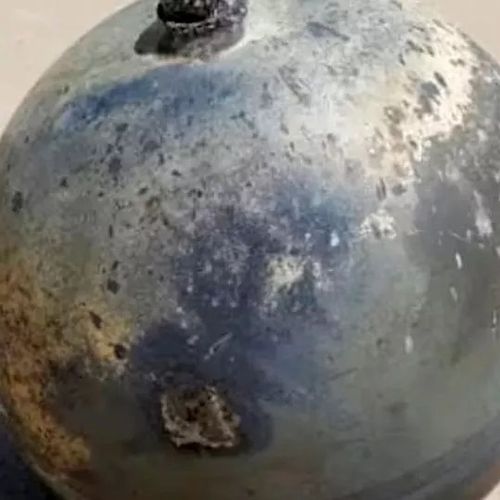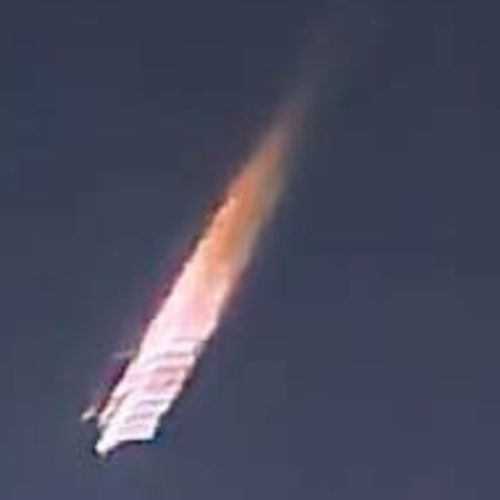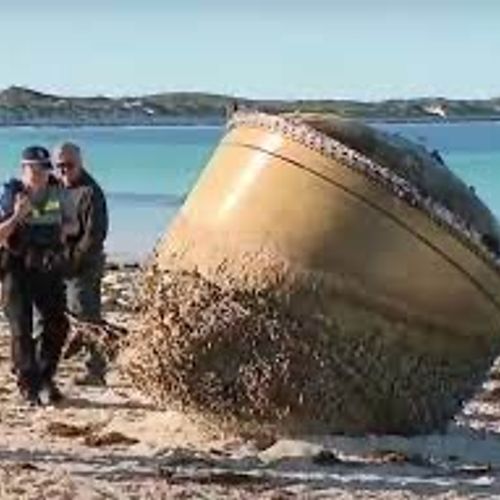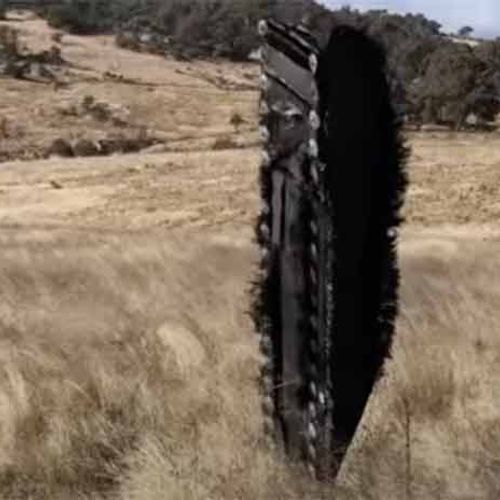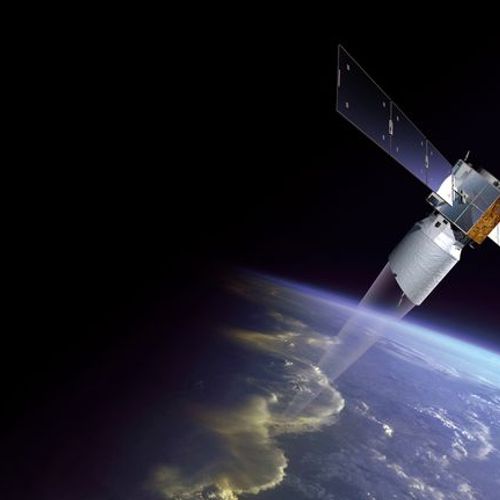
| Added | Fri, 28/07/2023 |
| Источники | |
| Дата публикации | Fri, 28/07/2023
|
| Версии |
Today, during an unprecedented space mission, the British Aeolus satellite, designed to monitor the weather, is due to make an unexpected return to Earth. Initially, the satellite was designed for a natural return through the atmosphere, but now it has run out of fuel. The 1,360 kg spacecraft, which has been in orbit since 2018, may burn up while passing through the atmosphere, and there is hope that eventually it will fall into the depths of the Atlantic Ocean.
Aeolus went down in history as the first spacecraft to measure the winds of the Earth from space. However, after the satellite ran out of fuel earlier this month, it began to gradually descend to Earth. Such a unique way of entering the atmosphere has never been used before, which makes it an important milestone in the history of space flight. Holger Krag, head of the Space Debris Office of the European Space Agency (ESA), noted the novelty of the situation at a press briefing. He stated: "There really are no similar examples in the history of space flights. As far as we know, this is the first such case of re-entry into the atmosphere."
During the press conference, it was suggested that about 80% of Aeolus will be destroyed upon re-entry into the atmosphere. The remaining 20% is expected to fall into the Atlantic Ocean and sink quickly, leaving no room for recovery. Simonetta Cheli, ESA's director of Earth Observation, called the satellite a "real success story" as its estimated life exceeded three years. It is assumed that the results of this mission will be a turning point in the management of spent spacecraft, since currently there are about 2 thousand non-operational out of about 10 thousand spacecraft in space.
Holger Krag stressed the need for global cooperation in ensuring the sustainability of space activities. He stated:
"The sustainability of space should be a global challenge, and we need to significantly improve the way we design and operate spacecraft today."
ESA aims to provide "garbage-neutral" launches by 2030, requiring the return of all objects placed in space at the end of their mission.
To minimize the risk of fragments falling to earth when Aeolus enters the atmosphere, the onboard propulsion system of the spacecraft is used for controlled descent. This reduces the probability of dangerous debris entering populated areas by three times compared to natural entry into the atmosphere.
As the "impossible satellite" makes its final descent to Earth, scientists and specialists are closely monitoring its trajectory. The uniqueness of this flight and the lessons learned during it will undoubtedly determine future initiatives in the field of space exploration and contribute to efforts to create a sustainable and debris-free space environment.
Новости со схожими версиями
Log in or register to post comments

